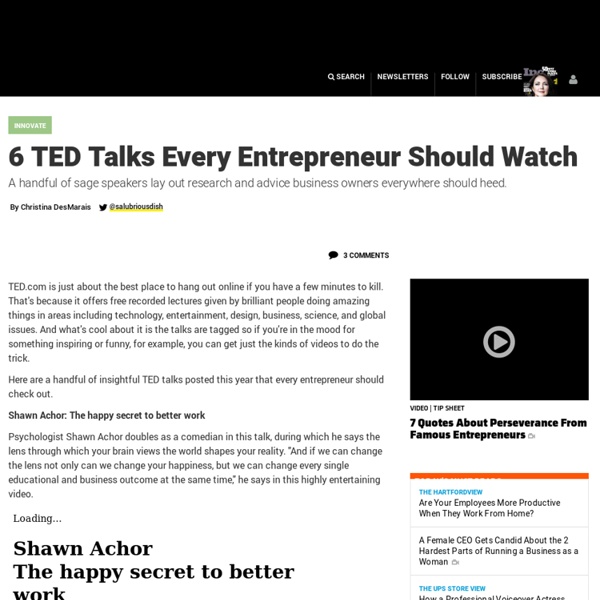Independent Commercialisation
When electrical engineers at The University of Auckland made electricity jump over a gap by intersecting two magnetic fields they achieved what had eluded others for centuries and made it a commercially viable process. With a lot of creativity and innovation and the backing of the University’s commercialisation company, Auckland UniServices Limited, their inventions for Induction Power Transfer (IPT) were protected in over 30 different patent families, and then for more than a decade have been progressively applied to an ever-increasing range of industrial and consumer products. This reflects the strong focus the University and UniServices have on commercialising research results. UniServices is like a matchmaker – it finds ways to marry up the University’s research and innovation with companies in New Zealand and around the globe that are looking for new ideas, expertise and solutions. “Research is not only good for business,” concludes Peter Lee, “but research is a good business.”
University Commercialisation
University Commercialisation Offices of New Zealand (UCONZ) - was formed in 2005 to bring together the commercialisation offices of the country's universities and to establish closer links with commercial research partners. 2008 marked the 20th anniversary of the establishment of a university commercialisation company - the University of Auckland's UniServices. The event was marked by the release of the booklet "University research commercialisation: paying dividends for New Zealand". New Zealand universities programme to build closer ties with businesses In 2010 the eight universities commenced a programme to further enhance their working relationships with the business sector by running a project dedicated to creating stronger university-business partnerships. A total of fourteen events were held. Due to the success of the programme, in late 2011 the universities agreed to continue the programme, in a reduced format, with eight events scheduled over a two year period.
Corporate spin-off
A corporate spin-off, also known as a spin-out or a starburst, refers to a type of corporate action where a company "splits off" sections of itself as separate businesses.[1] The common definition of a spin-off is when a division of a company or organization becomes an independent business. The "spun off" company takes assets, employees, intellectual property, technology, or existing products from the parent organization. In contrast, divestment can also sever one business from another, but the assets are sold off rather than retained under a renamed corporate entity. Many times the management team of the new company are from the same parent organization. In most cases, the parent company or organization offers support doing one or more of the following: investing equity in the new firm,being the first customer of the spin-off (helps to create cash flow),providing incubation space (desk, chairs, phones, Internet access, etc.) orproviding services such as legal, finance, technology, etc.
Commercialization
Commercialization is often confused with sales, marketing or business development. The commercialization process has three key aspects: Proposed commercialization of a product can raise the following questions: When to launch. Factors such as potential cannibalization of the sales of a vendor's other products, any requirement for further improvement of the proposed new product, or unfavorable market conditions may operate to delay a product launch.Where to launch. References[edit] Jolly, Vijay K.(1997) :Commercializing New Technologies: Getting from Mind to Market;Harvard Business School Press. Further reading[edit] See also[edit]
Dr Shailendra Vyakarnam
Entrepreneurship
Entrepreneurship is the process of starting a business or other organization. The entrepreneur develops a business model, acquires the human and other required resources, and is fully responsible for its success or failure. Entrepreneurship operates within an entrepreneurship ecosystem. Background[edit] In 2012, Ambassador-at-Large for Global Women's Issues Melanne Verveer greeted participants in an African Women's Entrepreneurship Program at the State Department in Washington, D.C. In recent years, "entrepreneurship" has been extended from its origins in business to include social and political activity. According to Paul Reynolds, founder of the Global Entrepreneurship Monitor, "by the time they reach their retirement years, half of all working men in the United States probably have a period of self-employment of one or more years; one in four may have engaged in self-employment for six or more years. History[edit] Etymology and historical usage[edit] What is an entrepreneur[edit]
Entrepreneur
Taking financial risks in the hope of profit Entrepreneurship is the creation or extraction of economic value in ways that generally entail beyond the minimal amount of risk (assumed by a traditional business), and potentially involving values besides simply economic ones. An entrepreneur (French: [ɑ̃tʁəpʁənœʁ]) is an individual who creates and/or invests in one or more businesses, bearing most of the risks and enjoying most of the rewards.[1] The process of setting up a business is known as "entrepreneurship". The entrepreneur is commonly seen as an innovator, a source of new ideas, goods, services, and business/or procedures. In the field of economics, the term entrepreneur is used for an entity that has the ability to translate inventions or technologies into products and services.[5] In this sense, entrepreneurship describes activities on the part of both established firms and new businesses. Perspectives on entrepreneurship[edit] Elements[edit] Entrepreneurical opportunities[edit] Market




by raviii Jun 23
Webpage - Feedly Starred Reading CLEARED by raviii Jun 23